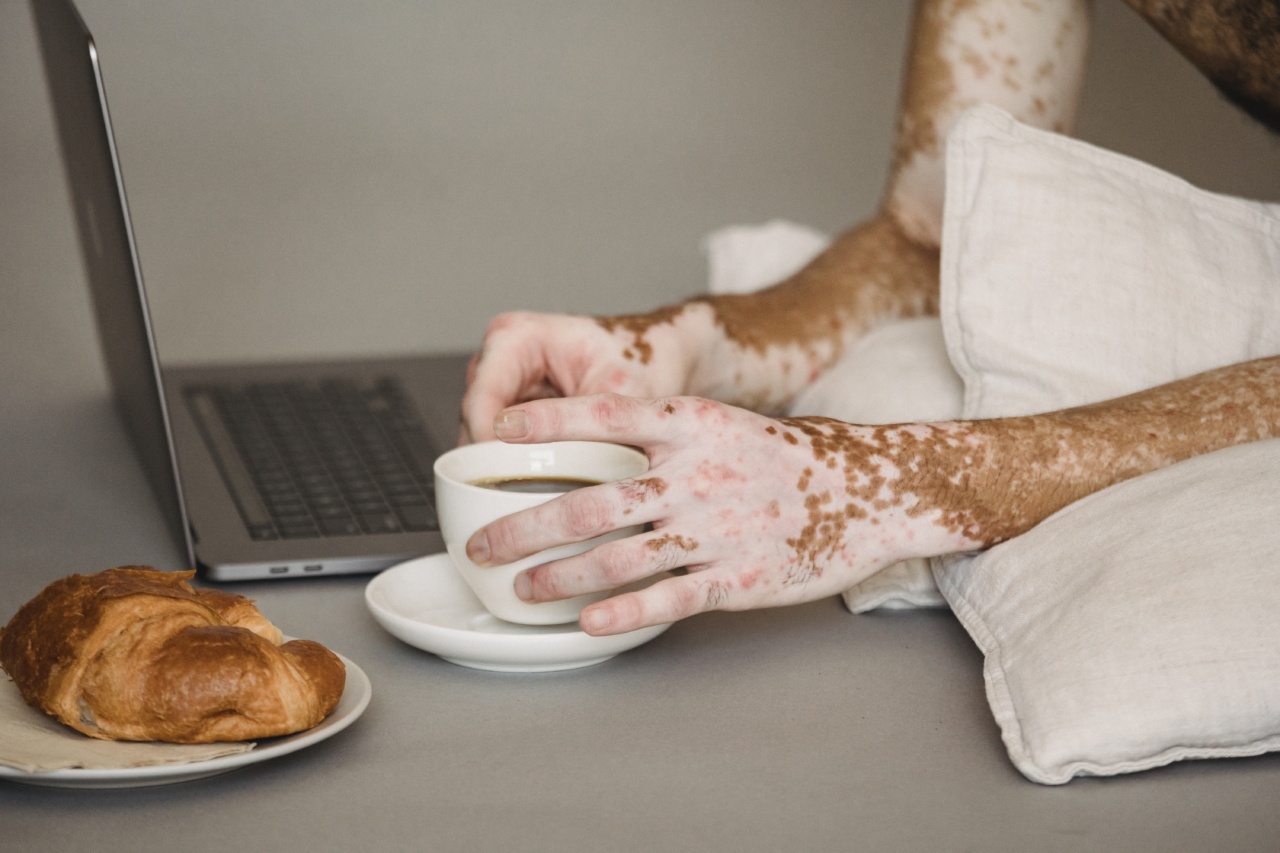Our skin is the largest organ of the body, and one of its primary functions is to protect us against harmful elements in the environment.
However, prolonged exposure to sunlight and other sources of ultraviolet (UV) radiation can cause damage to skin cells and increase the risk of skin cancer. In this article, we’ll explore the connection between skin health and cancer, and what you can do to protect yourself against this deadly disease.
What is Skin Cancer?
Skin cancer is a type of cancer that develops in the skin. It is the most common form of cancer in the United States, with over five million cases diagnosed each year.
There are three main types of skin cancer: basal cell carcinoma, which accounts for about 80% of cases; squamous cell carcinoma, which accounts for about 20% of cases; and melanoma, which is the most serious form of skin cancer and can be fatal if left untreated.
What Causes Skin Cancer?
Most cases of skin cancer are caused by exposure to UV radiation from the sun or other sources, such as tanning beds. UV radiation damages the DNA in skin cells, which can cause mutations that lead to cancer.
Other risk factors for skin cancer include having fair skin, a history of sunburns, a weakened immune system, and a family history of skin cancer.
How Can You Protect Your Skin?
Fortunately, there are steps you can take to protect your skin and reduce your risk of skin cancer. Here are some tips:.
- Wear protective clothing, such as long-sleeved shirts, pants, and hats.
- Use sunscreen with an SPF of at least 30, and reapply every two hours or after swimming or sweating.
- Avoid spending time outdoors during peak hours of sunlight (10 a.m. to 4 p.m.).
- Don’t use tanning beds.
- Check your skin regularly for any changes in moles or other spots, and see a dermatologist if you notice anything unusual.
How Can You Improve Your Skin Health?
While avoiding sunburns and protecting your skin from UV radiation are important for preventing skin cancer, they are not the only ways to maintain healthy skin. Here are some other tips:.
- Stay hydrated by drinking plenty of water.
- Eat a balanced diet rich in fruits, vegetables, and whole grains.
- Exercise regularly to improve circulation and promote healthy skin.
- Get enough restful sleep to allow your skin to repair and regenerate.
- Avoid smoking and limit your alcohol consumption.
- Use gentle skincare products that are appropriate for your skin type.
What Are the Symptoms of Skin Cancer?
The symptoms of skin cancer can vary depending on the type and stage of the cancer. Here are some signs to look out for:.
- A new growth on the skin, such as a mole, bump, or sore that doesn’t heal.
- A change in the size, shape, or color of an existing mole or growth.
- A spot that itches, hurts, or bleeds for more than three weeks.
- A colored patch of skin that is red, pink, or white.
What Should You Do if You Think You Have Skin Cancer?
If you notice any of these symptoms, or if you have a family history of skin cancer, it’s important to see a dermatologist for an evaluation.
The dermatologist may perform a biopsy to determine if the growth is cancerous, and if so, what type of skin cancer it is. Early detection and treatment of skin cancer can improve your chances of a full recovery.
The Bottom Line
Protecting your skin and maintaining its health are key factors in preventing skin cancer. By following the tips outlined in this article, you can reduce your risk of developing this disease and enjoy healthy, beautiful skin for years to come.




























